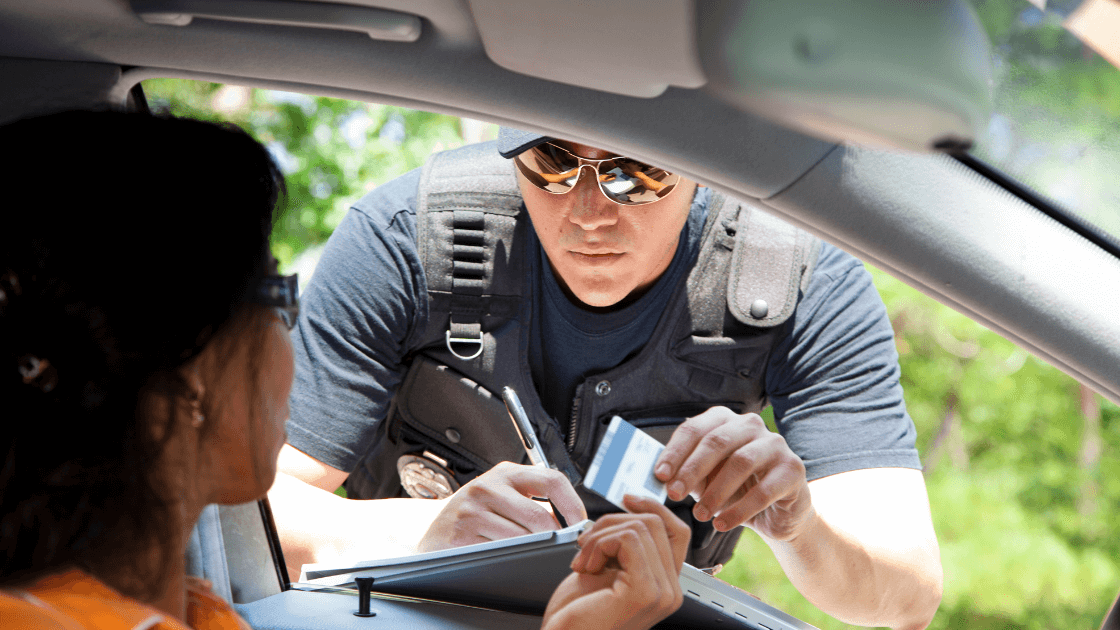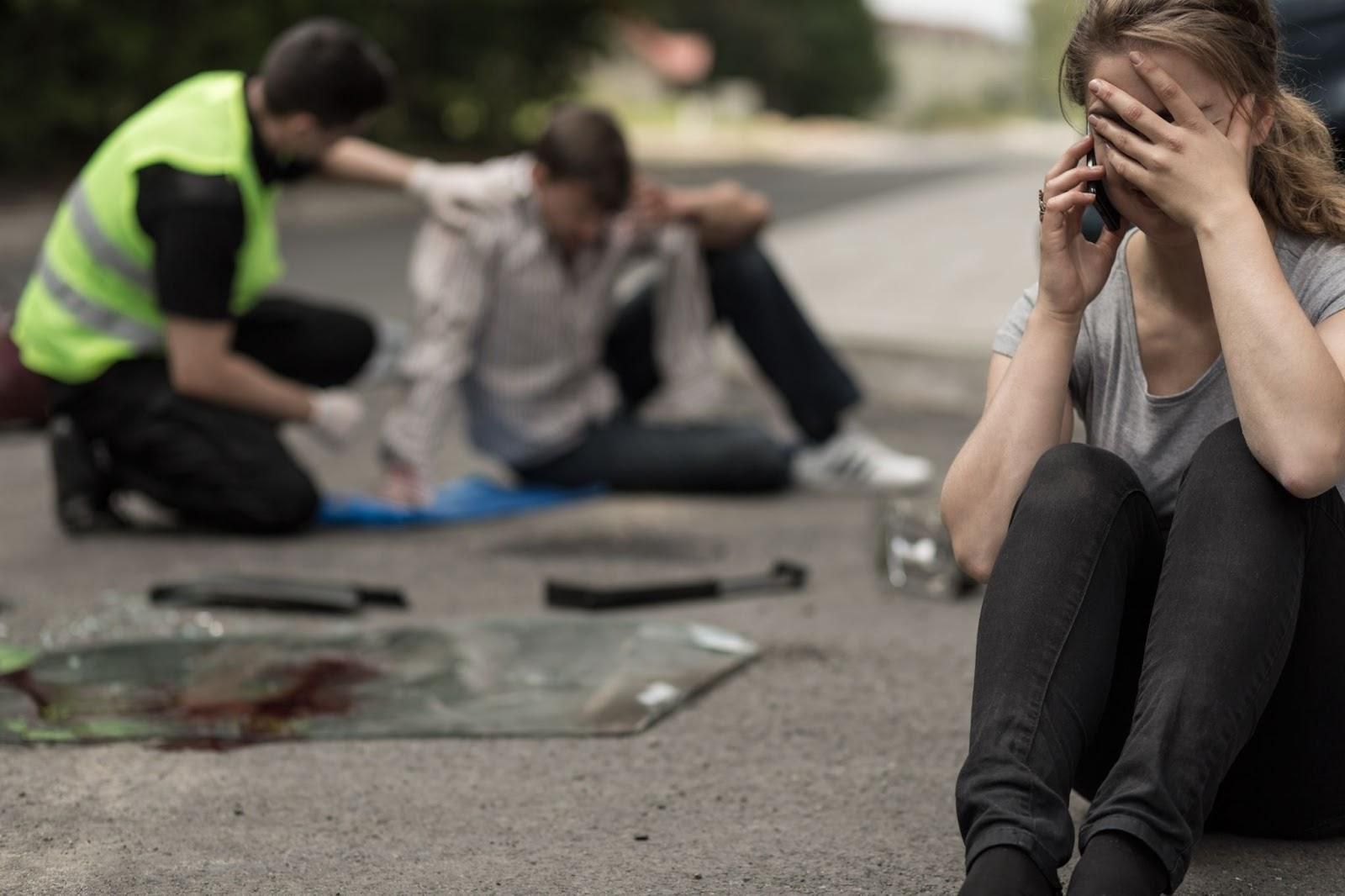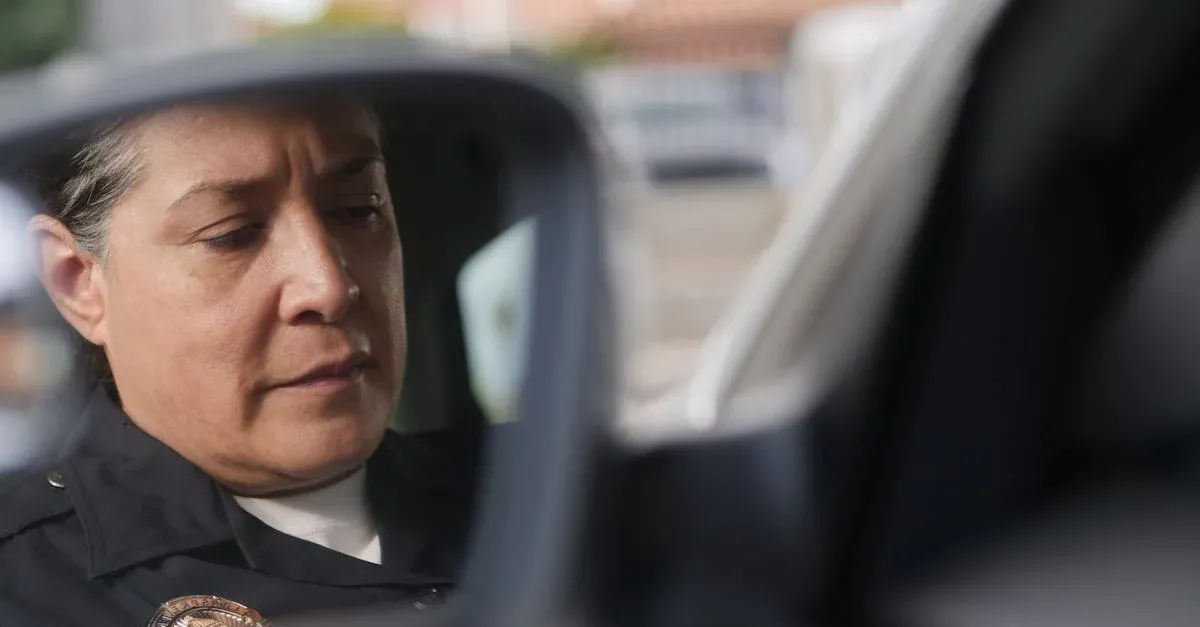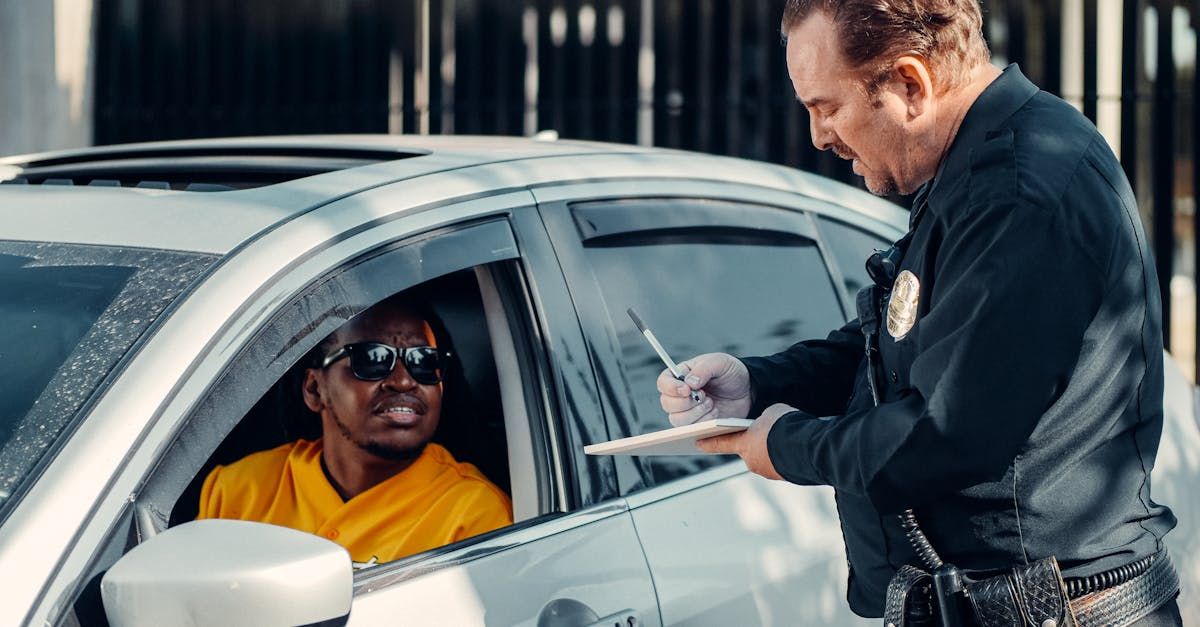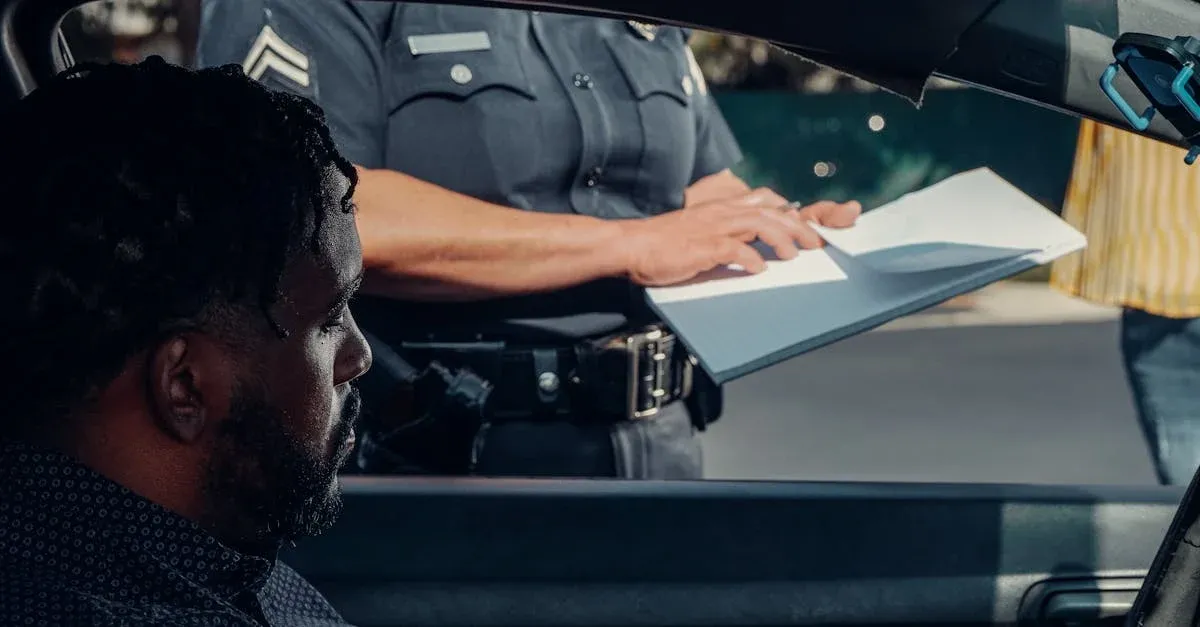The Legal Process For Contesting Military Traffic Tickets
Generally speaking, members of the United States military who are issued traffic citations while off the grounds of a military base are subject to the same penalties, and enjoy the same rights, as their civilian counterparts. Traffic tickets issued by military police within the perimeter of a military base may involve a separate set of requirements, as on-base traffic regulations and the penalties for infractions can differ from those of the state or territory in which the base is located. To learn more, or to discuss your legal options for contesting military traffic tickets, call Driving Defense Law to schedule a free consultation with a member of our experienced Virginia traffic defense team today. You can reach our central Norfolk office at (757) 929-0335.
Does the Military Care About Speeding Tickets?
Many civilians share a tendency to “brush off” speeding tickets as not particularly serious infractions – to think of a speeding ticket as an inconvenience rather than as an alleged violation of state or local laws that can carry substantial consequences in the case of a conviction. There are a number of reasons why this outlook may be unwise for anyone, regardless of career path. Some of these reasons include:
Reckless Driving Charges
Some speeding violations may be charged as reckless driving, a much more serious infraction. Under §46.2-862 of the Code of Virginia, any individual driving at speeds in excess of 85 miles per hour, or exceeding the posted limit by 20 miles per hour regardless of exact speed, may be subject to a charge for reckless driving. § 46.2-868 places reckless driving for any infraction under Article 7 in the category of a Class 1 misdemeanor – meaning reckless driving is a criminal charge throughout the Commonwealth, and a conviction for reckless driving, whether for speeding or for any other reason, will result in a criminal record.
Demerit Points on Driving Record
Criminal records are not the only ones with which Virginia drivers, civilian or military, need to be concerned. The Virginia Department of Motor Vehicles (DMV) considers reckless driving a six-point penalty; regardless of whether the reckless driving charge is a misdemeanor or a felony in a specific case, those six points can remain on the driver’s license for 11 full years.
A “simple” speeding ticket, not involving a reckless driving charge, results in a three-point penalty, which remains on the driver’s record for five years – significantly less than the points and duration associated with a reckless driving charge, but still significant. Paying a speeding ticket to avoid the “inconvenience” of an appearance in Virginia traffic court constitutes an admission of guilt, so any driver licensed in Virginia should consider carefully before opting to pay without contest.
Increased Insurance Rates
Once the DMV has updated a driver’s record to reflect their speeding tickets, the driver can usually expect to see a sharp increase in the premium on their next auto insurance bill. The increase can vary from one insurance provider to another, and may or may not be proportional to the severity of the infraction. Any hike in auto insurance premiums may last for some time, potentially years, after the initial infraction – so the total cost of a speeding ticket, even without a reckless driving charge, can be substantially greater than the fine imposed by a Virginia traffic court.
Contesting Military Traffic Tickets Received Off-Base
Generally speaking, a person who receives a traffic ticket on a state or local road in Virginia will be subject to the same procedures, and have access to the same strategies for defense, regardless of whether he or she is serving in any branch of the military. One important way that the process for contesting a military traffic ticket can sometimes differ, however, is that individuals serving in the military may sometimes be subject to abrupt relocations, occasionally on short notice, and they may also have less flexibility regarding their work hours and requests for time off (or “leave”) than do their counterparts in civilian careers. These strictures have the potential to sometimes complicate a driver’s attempts to exercise his or her right to appear in traffic court and contest a ticket. If any of these circumstances apply to you, you may wish to consider working with a traffic defense attorney who can appear in a Virginia court on your behalf.
Common Strategies for Contesting a Traffic Ticket
There are a few strategies a ticket defense lawyer may be able to use to contest a Virginia traffic ticket. Many of them may apply to tickets received on a military base as well as to those received on Virginia’s roads. However, military bases do have their own traffic regulations and enforcement procedures, so it may be a good idea to speak with a traffic defense attorney who has experience in dealing with military traffic tickets both on and off military bases. An attorney from Driving Defense Law who handles military traffic tickets may recommend one strategy over another, depending on the circumstances.
Improper Stop
Law enforcement officials in most civilian situations will need probable cause or reasonable suspicion in order to initiate a traffic stop at a location other than an established checkpoint. Only some tickets that could potentially receive a citation are considered a “primary” violation – that is, an offense that by itself constitutes grounds for a traffic stop.
Once a traffic stop has been initiated, the officer performing the stop may legally issue citations for a variety of other infractions if the officer performing the stop observes evidence of these “secondary” violations during the course of a legitimate stop, so a ticket for a single offense may result in additional citations. On the other hand, however, if a stop is initiated on illegal grounds – i.e., for reasons other than the officer’s observation of a primary violation – then any evidence of additional violations, large or small, may be invalidated by this lapse in law enforcement procedures. Individuals in military service enjoy the same Constitutional rights to freedom from “unreasonable search and seizure” as does anyone else traveling Virginia’s roads, and so a traffic defense lawyer contesting a traffic ticket issued to a client serving in the United States military may consider challenging the grounds for the stop, depending on the evidence available in the case.
Misapprehension of Facts
In some cases, a law enforcement officer may mistakenly think they have witnessed a traffic violation, when in fact no such violation occurred. This circumstance can arise when atmospheric conditions, such as heavy fog or rain, or traffic conditions, such as intense congestion, make it difficult for law enforcement personnel to accurately monitor the movements of a single vehicle. While traffic courts understandably have an interest in presuming reports presented by officers of the law to be reliable unless shown to be otherwise, under the appropriate circumstances a Virginia traffic attorney may contest a military traffic ticket on the grounds that the officer issuing the citation made a mistake.
Schedule a Consultation With a Virginia Traffic Defense Lawyer
If you have been issued a traffic citation as a member of the United States military, whether on the grounds of a military installation or on any of Virginia’s streets or highways, you may have questions about your legal options for contesting the ticket. Generally speaking, in most cases traffic citations issued by civilian law enforcement patrolling state or local roads will offer the same basic range of options for defense, regardless of whether the driver receiving the ticket is in military service. Military traffic tickets issued by military police within the perimeter of a military installation, however, may be subject to specific regulations applied to that base by the installation commander. If you have questions about contesting military traffic tickets, consider reaching out to Driving Defense Law. The traffic defense team at our Norfolk office has extensive experience working with military personnel, and we offer free consultations for your convenience. Call (757) 929-0335 to speak with a member of our staff today.



